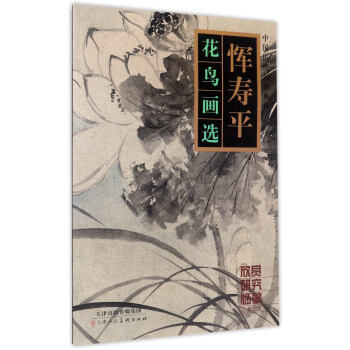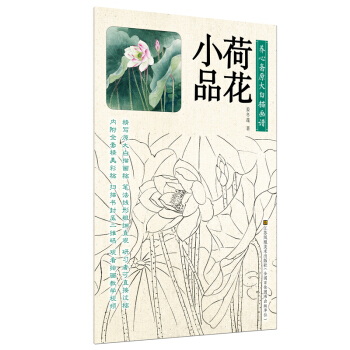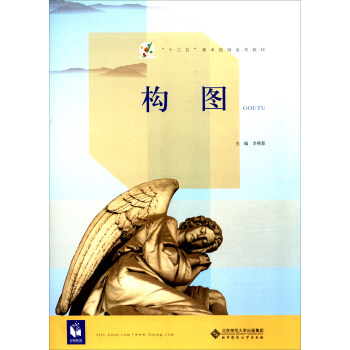![中国外销画 1750s-1880s [China trade painting 1750s to 1880s]](https://pic.windowsfront.com/11619497/54b721fcN63f87287.jpg)

具体描述
编辑推荐
《中国外销画:1750s-1880s》是作者过去十年间在中国的外销艺术研究之成果,本书广泛使用了不少中外原始史料,搜罗了很多珍贵又从未发表过的外销艺术品,目的是为读者展示中国外销画之重要性和影响,对中国艺术史的书写别具参考价值。内容简介
《中国外销画:1750s-1880s》的内容为艺术史研究成果,全书通过剖析学术界就中国外销画研究之种种问题,以及当前海内外就此研究的状况,反映外销画是跟中外贸易和文化交流有多重关系的艺术品。作者研究十八至十九世纪外销画的发展史,从侧门展示了中国外销话在艺术史研究中的重要性和影响。本书对我们了解近现代外销画的发展和贸易有较大帮助,对从事近现代艺术史研究人员来说具有较强的参考价值作用。作者简介
李世庄,香港大学艺术学系哲学博士,善于研究十八及十九世纪中国外销艺术史、香港视觉艺术史,常以艺术史家和艺术评论家身份,在报刊杂志发表评论文章。著作包括《从现实到梦幻——陈福善的艺术》、《黄潮宽的绘画》,以及学术论文数十篇。李世庄曾于香港大学艺术学系任教,现为香港浸会大学视觉艺术院助理教授,并为香港历史研究会之副会长及创办人之一。目录
Introduction1 Current scholarships on the study of China trade painting
1.1 James Orange's The Chater Collection
1.2 Chinese Export Art in the Eighteenth Century by Margaret Jourdain
1.3 Carl Crossman's The China Trade
1.4 Craig Clunas's writings on Chinese export art
1.5 Major exhibition catalogues and research papers on Chinese export art
2 Moulding for the West
2.1 Chinqua——Early Chinese modellers working at Madras
2.2 Clay portraits of the Danes by Chinese modellers
2.3 Chitqua, "the modeller who steals likeness"
3 Adoption of Western media by Chinese trade painters
3.1 Reverse glass paintings in mid-eighteenth century Canton
3.2 Early Chinese reverse paintings collected in The Chinese Pavilion
3.3 Spoilum / Spillem——The earliest known trade painter in Canton
4 Desire for things Chinese
4.1 Pu-Qua's influence to Masons The Costume of China and other engravings
4.2 Representations of street characters
4.3 Duplicates of Pu-Qua's drawings
4.4 A New discovery on Mackson's Pu-Qua's drawings
5 Lamqua, the "Thomas Lawrence of China"
5.1 How many Lamquas?
5.2 "Ihe identity of Lamqua
5.3 Lamqua vs George Chinnery
5.4 Images of Lamqua with Western eyes
5.5 Beyond commerce——Lamqua's medical pictures
6 Oil portraits by Lamqua
6.1 Portraits of Westerners
6.2 Portraits of Chinese officials and merchants
6.3 Diplomatic exchange of portraits between the Chinese and the Westerners
6.4 Lamqua's view and practice on western style portrait
6.5 Lamqua's painter studio——The secret of Chinese oil painting unveiled
6.6 Relocation of art business to Hong Kong
7 Flourish of China trade painting market since 1840s
7.1 Sunqua and his studio
7.2 Assorted views of China by Tingqua's studio
7.3 Implication of Samqua's drawings
7.4 Monumental landscapes by Youqua
7.5 Nam Cheong and views of Whampoa
7.6 Inspiration from and integration with photography
Bibliography
Appendix 1 Pu-Qua's drawings in Victoria & Albert Museum
Appendix 2 George Henry Mason's The Costume of China, 1800
Appendix 3 PEM/E83895A Drawings of Chinese traders
Appendix 4 PEM/E83942 Dessin de la Chine
Appendix 5 Drawings of Chinese traders in the Phillips Library
Appendix 6 Tinqua's album leaves, d. 1851
Appendix 7 Ink drawings by Samqua, d. before 1847
Colour Plates
精彩书摘
《中国外销画 1750s-1880s》:It is not surprising to know that Lamqua already gained his reputation in the 1830s ashis name appeared frequently in many contemporary Westerners travel journals anddescriptions. One of the reasons for his fame is perhaps his legendary encounter withGeorge Chinnery, the celebrated British painter who has settled in the China coastsince the 1820s. Having sojourned in India for over twenty years, Chinnery went toMacao in September, 1825. Rumours about Chinnery's migration to the China coastwas prevalent in the literature on the nineteenth century Far East,3~ his acquaintancewith Lamqua was also a common gossip to many visitors who were interested in theart and culture of Canton.
How Lamqua got to know Chinnery is still unknown to us although there has beensaying from the Fearon family that these two painters knew each other in Macao, atthe house of the Fearons. Coloniel S.P. Fearon, a descendant of the amily recalled in1970s that
My information on Chinnery is that when he arrived in China in 1825 he firstrented a house in Rua Ignacia Battista from James Bannerman, the head of theoffice of the E.I. Comapany; but that later, and for several years, he lived withthe Fearons. In 1837 he stood sponsor at the christening of Elizabeth's last child,my grandfather, Robert Inglis Fearon. It is also said in the family that Lam Qua,the Chinese artist, was a servant of the Fearon, and through his attendance onChinnery was introduced to painting.
……
前言/序言
用户评价
这本书的装帧和印刷质量,本身就体现了对艺术品的尊重。当翻开“中国外销画 1750s-1880s”时,首先映入眼帘的是那些色彩饱满、细节清晰的画作。每一个笔触,每一处色彩的渲染,都得到了忠实的呈现。这种高品质的印刷,使得读者在阅读文字的同时,也能最大程度地欣赏到画作的原貌。这对于一本以视觉材料为主的艺术史书籍而言,是至关重要的。作者的文字叙述,与画作图像相得益彰,共同构建了一个引人入胜的阅读体验。我常常会沉浸其中,细细品味每一幅画,并对照作者的解读,从中获得更多的启示。
评分许多关于中国传统艺术的书籍,往往将焦点集中在文人画的意境和士大夫的雅趣上,而“中国外销画 1750s-1880s”则将目光投向了另一片广阔的天地——为商业目的而创作的绘画。这本书让我意识到,艺术的生命力并非只存在于“阳春白雪”,同样也体现在“下里巴人”的商业实践中。作者以一种宏大的视野,将这些看似“迎合”西方口味的画作,置于更广阔的历史语境中进行解读。他不仅仅关注画作本身的美学价值,更深入探讨了它们在当时经济体系中的流通、价值的实现,以及艺术家群体在这种体系中的生存状态。这种对艺术与商业、艺术与经济之间关系的深刻揭示,让我对“艺术”的定义有了更全面的理解。
评分在接触“中国外销画 1750s-1880s”之前,我对18、19世纪的中国与世界互动,其艺术层面的连接知之甚少。我曾以为,那段历史中,中国艺术的发展更多是相对独立的,与外部世界的交流可能仅仅是零星的、表面的。然而,这本书如同一场及时雨,为我打开了一扇全新的研究视野。它以翔实的资料和精辟的分析,清晰地勾勒出了中国外销画在1750s至1880s这一特定时期,作为连接中西方艺术、经济、文化的重要桥梁所发挥的作用。我被书中关于这些画作如何被创作、如何被市场接纳、以及它们如何在东西方审美标准之间进行协商和演变的论述所深深吸引。它不仅仅是对一系列艺术品的呈现,更是对一个时代、一个文化互动过程的深度挖掘。
评分我一直对19世纪欧洲的东方主义艺术情有独钟,但总觉得这种视角多少有些隔阂,带着一种“他者”的审视。直到我读到“中国外销画 1750s-1880s”,我才真正体会到,原来从中国本土的视角来审视这段历史,是多么的富有启发性。这本书不仅仅是简单地罗列画作,而是深入剖析了这些画作的创作背景、市场需求、技法创新以及在当时中国社会中扮演的角色。我尤其被书中对不同画坊、不同画师的细致考据所吸引,他们如何在西方审美和中国传统技艺之间找到平衡点,如何捕捉西方商人对中国生活、工业、自然风光的兴趣,并将这些转化为一件件精美的艺术品。这种“落地”的叙述方式,让我感觉不再是隔岸观火,而是真正走进了那个时代,感受到了中国艺术家们在那一特定历史时期所展现出的创造力和市场敏感度。
评分这本书带来的惊喜,还在于它展现了中国艺术家在绘画材料和技术上的创新与适应。在接触“中国外销画 1750s-1880s”之前,我曾以为中国画一直沿用传统的宣纸、墨、颜料等。然而,书中详细描述了这些外销画在采用西洋油画技法、使用油画颜料、乃至于在纸张的选择上所做的各种尝试。这些尝试并非简单的模仿,而是在借鉴西方技术的同时,融入了中国传统的绘画理念和工艺。这种跨文化的技法融合,产生了许多独具特色的艺术作品,它们既保留了中国画的韵味,又具备了西方绘画的写实性和色彩表现力。这种艺术实践,为我们研究中西绘画技法的交流和演变,提供了宝贵的实证。
评分这本书的出现,无疑填补了我长久以来对中国艺术史研究中一个特殊空白的渴求。在接触到“中国外销画 1750s-1880s”之前,我对那个时期中国艺术的认知,更多地停留在传统文人画、宫廷画等相对“内向”的范畴。然而,当我翻开这本厚重的著作时,仿佛被打开了一扇通往另一个世界的大门,一个在历史洪流中被忽略但又极其重要的角落。它展现的不仅仅是绘画技法和风格的演变,更是一幅跨越东西方文化碰撞、经济交流以及社会变迁的壮丽画卷。作者的叙述,从一开始就以一种极为沉静而又充满洞察力的笔触,引导读者进入那个充满异域风情和时代气息的场景。对于那些对中国近现代艺术史、对全球化早期进程、抑或是对东西方文化交流史感兴趣的读者而言,这本书无疑提供了一个极具价值的研究视角和丰富的视觉素材。
评分我对18世纪末19世纪初的中国社会结构和生活方式一直很感兴趣,但缺乏直观的视觉资料。“中国外销画 1750s-1880s”这本书,恰好为我提供了这样的一个窗口。它所描绘的画面,从士大夫的居所、庭院,到市井的交易、生活,再到各种手工业的生产场景,都以一种细腻写实的方式呈现。我尤其着迷于书中对当时中国服饰、家具、器皿、交通工具等细节的描绘,这些都为研究当时的社会风貌、生活习俗提供了珍贵的图像学资料。通过这些画作,我仿佛能够穿越时空,亲身感受那个时代的中国,了解那里的人们是如何生活、工作和娱乐的。
评分我曾以为,在中国艺术史上,1750s到1880s这个时期,在风格和主题上会相对单一,缺乏足够的突破。但“中国外销画 1750s-1880s”这本书,彻底颠覆了我的这一认知。它所呈现的外销画,展现了惊人的多样性和演变性。从早期受欧洲版画影响的青绿山水,到后期对西洋油画技法的借鉴,再到对中国传统工笔、水墨的创新运用,每一个阶段都充满了艺术家的探索和尝试。书中对这些风格演变的梳理,以及对不同时期市场需求变化的分析,让我看到了中国艺术家在面对外来文化冲击时,所展现出的强大生命力和适应性。这种在传统与创新之间游走的能力,以及为满足特定市场需求而进行的艺术实践,是这段时期中国艺术最令人着迷的特质之一。
评分在阅读“中国外销画 1750s-1880s”之前,我对“外销画”这个概念的理解,多少有些模糊,甚至带有一点负面色彩,觉得它们是“不纯粹”的、为了迎合外国人才创作的作品。但这本书的出版,彻底改变了我对这一艺术类型的看法。作者以其深厚的学识和严谨的研究,将外销画提升到了一个全新的历史和艺术高度。他揭示了这些画作背后所蕴含的中国艺术家们的智慧、创造力和市场运作能力,以及它们在中国艺术史上的独特地位。这本书让我认识到,艺术的价值并不仅仅在于其创作的初衷,更在于其在历史进程中的生命力,以及它所承载的文化信息。
评分作为一名对18世纪到19世纪全球贸易史有着浓厚兴趣的学者,我一直在寻找能够具体展现这种贸易如何影响文化和艺术的著作。“中国外销画 1750s-1880s”恰好完美地满足了我的这一需求。它不仅仅是一本艺术史著作,更是一部生动的经济史和文化史文献。书中大量精美的插图,配以作者严谨详实的文字考证,生动地再现了广州、澳门等地作为中西贸易重要枢纽时的繁华景象。从商贸活动、港口风光,到中国的民俗、生活场景,甚至是当时的植物、动物,都被这些画作一一记录下来,并以一种西方人能够理解和欣赏的方式呈现。这种跨文化的视觉记录,为我们理解那个时代的世界贸易格局、东西方审美观念的互动,提供了无可比拟的直观证据。
相关图书
本站所有内容均为互联网搜索引擎提供的公开搜索信息,本站不存储任何数据与内容,任何内容与数据均与本站无关,如有需要请联系相关搜索引擎包括但不限于百度,google,bing,sogou 等,本站所有链接都为正版商品购买链接。
© 2026 windowsfront.com All Rights Reserved. 静流书站 版权所有

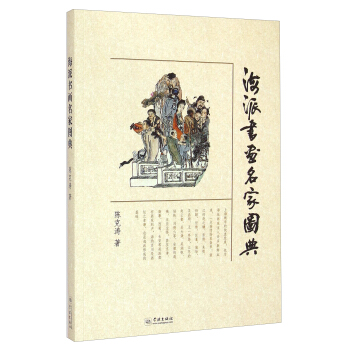
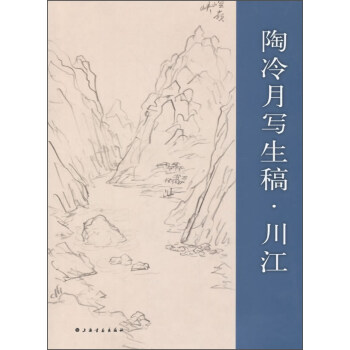


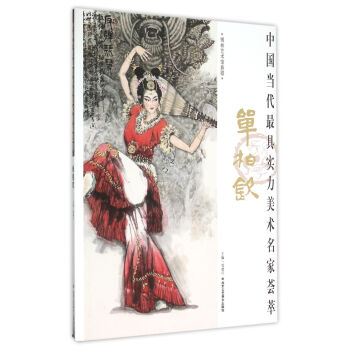
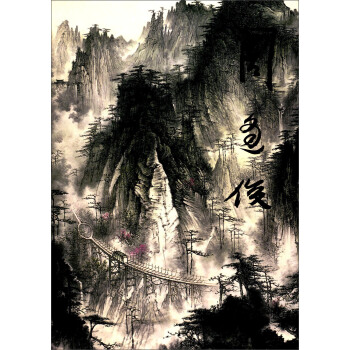
![欧洲文艺复兴时期油画艺术(1) [The European Renaissance Oil Painting Art] pdf epub mobi 电子书 下载](https://pic.windowsfront.com/11904485/5710b97aNe34e2ad3.jpg)
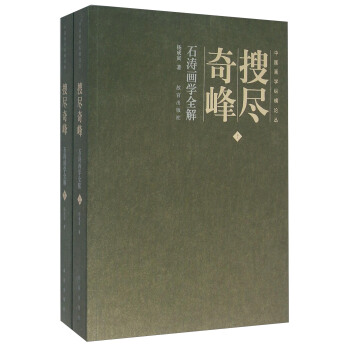
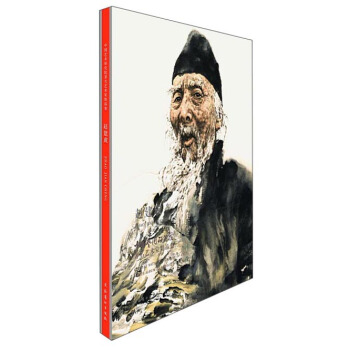
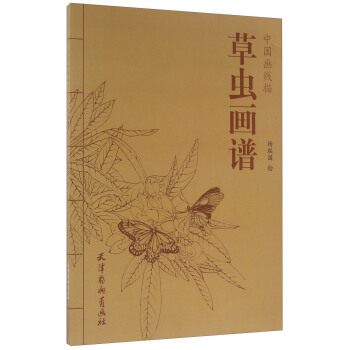
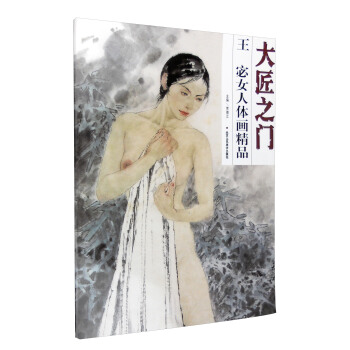
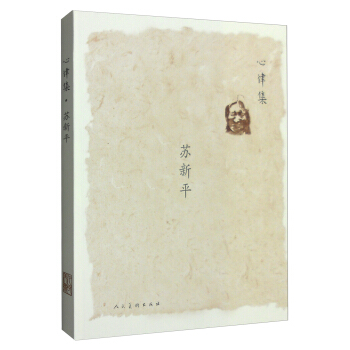
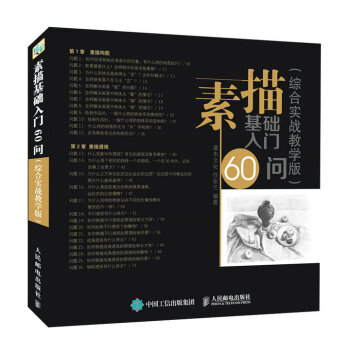
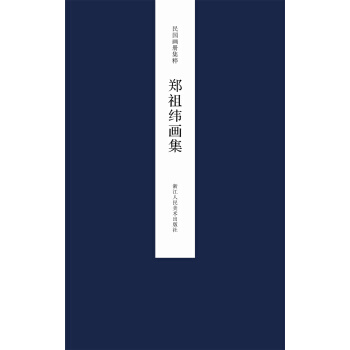
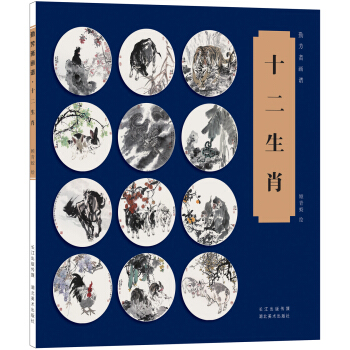
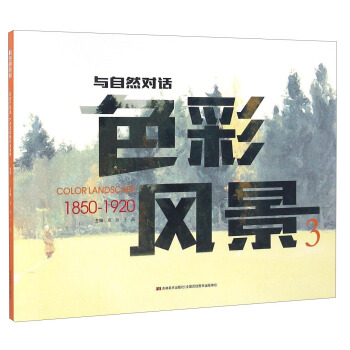
![大人的涂绘 05:和风花绘 [やさしい大人の塗り絵きれいな花編] pdf epub mobi 电子书 下载](https://pic.windowsfront.com/12061011/58ddb834N6cd72282.jpg)
